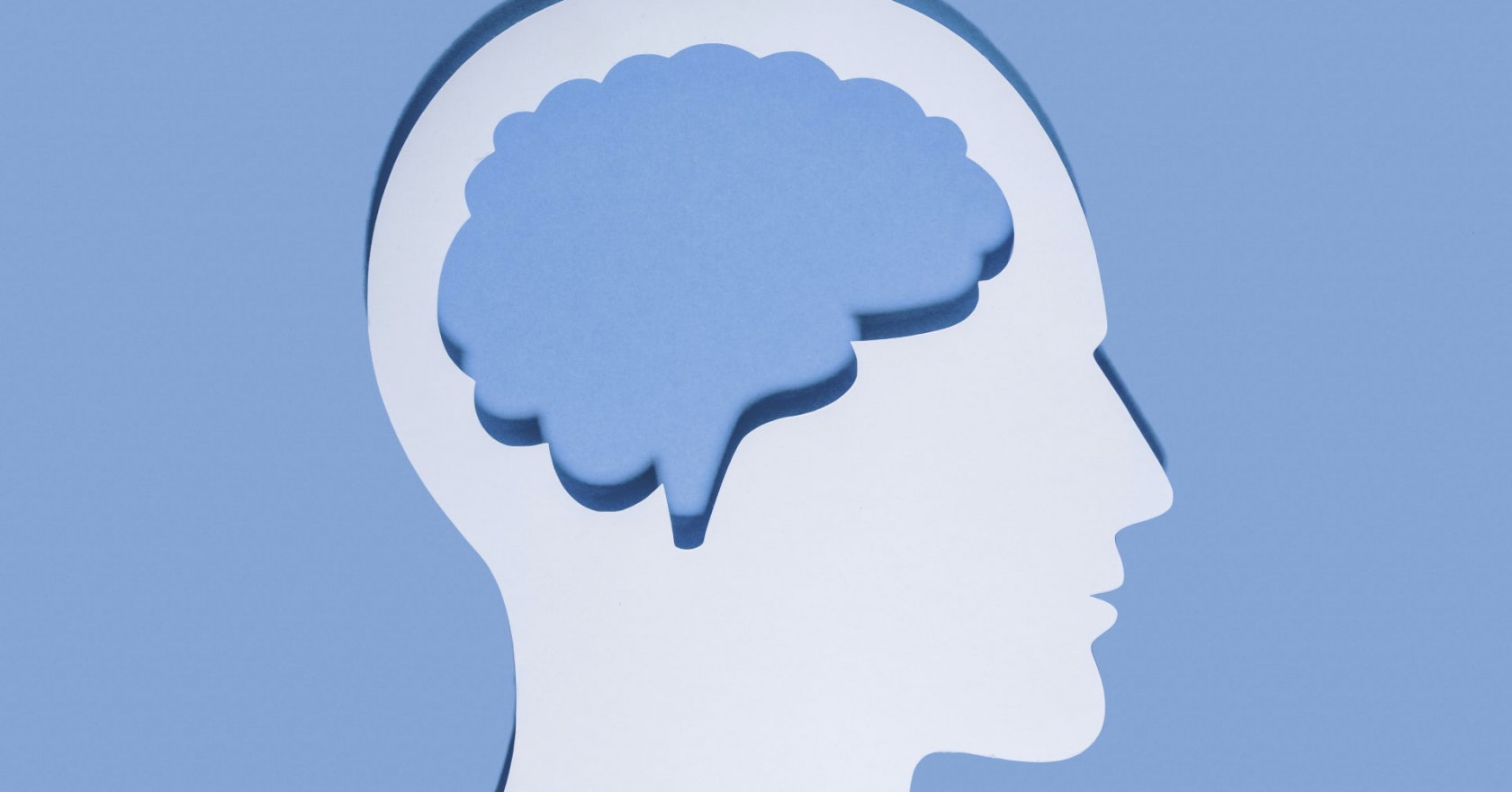Looking for a new mental health tool to add to your belt? Interoception could be exactly what you’re looking for.
Despite most of us knowing how good exercise can be for our mental health, it’s easy to forget that what’s going on outside our brains can play a big role in our overall wellbeing.
But that’s the idea behind interoception – now one of the fastest-growing areas in neuroscience and psychology research. Also known as the body’s ‘sixth sense’, interoception refers to your brain’s perception of your body’s state – aka how aware you are of what’s going on inside.
It’s a confusing concept to wrap your head around at first, but researchers believe interoception could play a big role in our wellbeing, and eventually lead to new ways to tackle mental health conditions such as depression, anxiety and eating disorders.
So, what do we know about how interoception impacts wellbeing, and is it possible to ‘improve’ your interoceptive abilities for better mental health? To find out more, Stylist spoke to Debra Longsdale, therapy services director at the independent mental health care provider Priory Healthcare.
Speaking on behalf of the leading mental health app My Possible Self, she talked us through the basics of this exciting new area of research. Here’s what she had to say.
What is interoception?
In simple terms, interoception is a sense of the internal state of the body – our brain’s awareness of what’s going on inside our skin, such as the beating of our heart or the tightening of our muscles.
While some of this awareness is processed subconsciously – for example, you’re not aware when your brain tells your pancreas to release hormones which regulate your blood sugar – there are some sensations which you should be able to feel consciously, such as your heart beat or digestion. Interoception refers to how we categorise and interpret these signals.
“Subtle differences in how these signals are categorised and relayed can mean quite different interpretations of the physiological state of the body, and so interoception can be incredibly important for stability and self-awareness,” Longsdale explains.

How does interoception impact your wellbeing and mental health?
While it may not seem as if the way you feel and process your bodily sensations is related to your wellbeing and mental health, they’re actually closely linked.
This is because interoception helps your brain to recognise how different parts of your body feel – for example, if you’re thirsty, hungry or tired – which in turn allows your brain to distinguish your emotional state.
Not only does this allow you to know how you’re feeling, it also allows you to take action in response to this feeling before it’s amplified – for example, using a coping mechanism if you’re feeling anxious.
On the flip side, those with poor interoceptive awareness struggle to recognise what’s going on in their body, either because they can’t feel it, or because they misinterpret it entirely.
As a result, these people are often unaware when their body is entering a new emotional state, or think they’re feeling something else entirely – making it impossible for them to regulate their emotions and feel in control.
Can you improve interoception?
Interoceptive training is possible – in fact, research is being carried out to find out whether interoceptive courses could help people with mental health conditions and other emotional issues.
But you don’t need a therapist to get started with interoceptive training. According to Longsdale, the best place to start is simply practising some self-awareness.
“I’d recommend trying the free mental health app My Possible Self, which has a holistic range of tools and resources to facilitate improved interoception,” she says. “Its mood tracker will help you identify things that are influencing your mood, but also to clearly categorise these things so they are not misinterpreted.”

She continues: “The individual can then implement strategies which enhance focus towards things that make them feel great as opposed to the things that are impacting them negatively.
“Similarly, the app features exercises spanning yoga, mindfulness, breathing techniques and meditation – as techniques, they will help you to become more in touch with your body, altering your perception of interoceptive signals.”
What role could interoception play in mental health treatment in the future?
The fast-moving nature of interoceptive research means there’s lots of exciting stuff in the pipeline.
“Interoception could play a significant role in mental health treatment in the future, as by understanding our body’s signals more effectively, we will be better placed to regulate both our physical and mental states,” Longsdale explains.
“If you take exercise for example, interoception can help us to understand why certain physical exercises can be so good for our mental health.”
She continues: “It’s one of the fastest moving areas in neuroscience and psychology, and it’s no surprise given the positive impact it can have on mental wellbeing.”
Images: Getty
Source: Read Full Article
